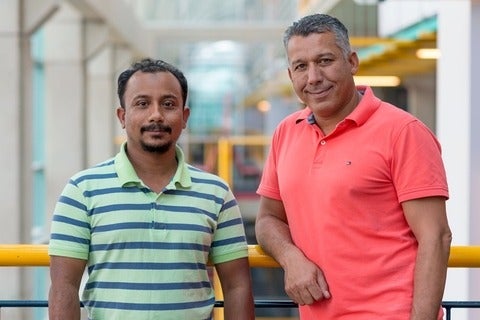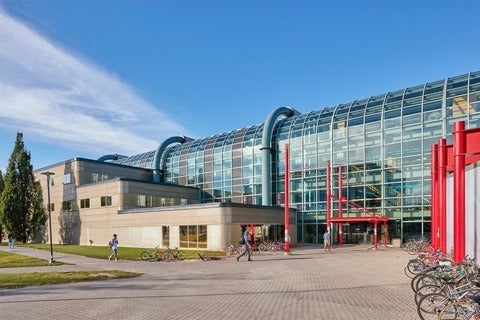Intrinsic plasticity improves learning in deep neural networks and provides a plausible explanation of how brains operate at a local neuronal level
Fascinating research that lies between neuroscience and artificial intelligence
Artificial neural networks have come to dominate the field of artificial intelligence. From self-driving cars to devices that recognize handwriting to interactive chatbots to astonishingly accurate online translators, artificial neural networks lie at the core of a staggering array recent AI developments.




